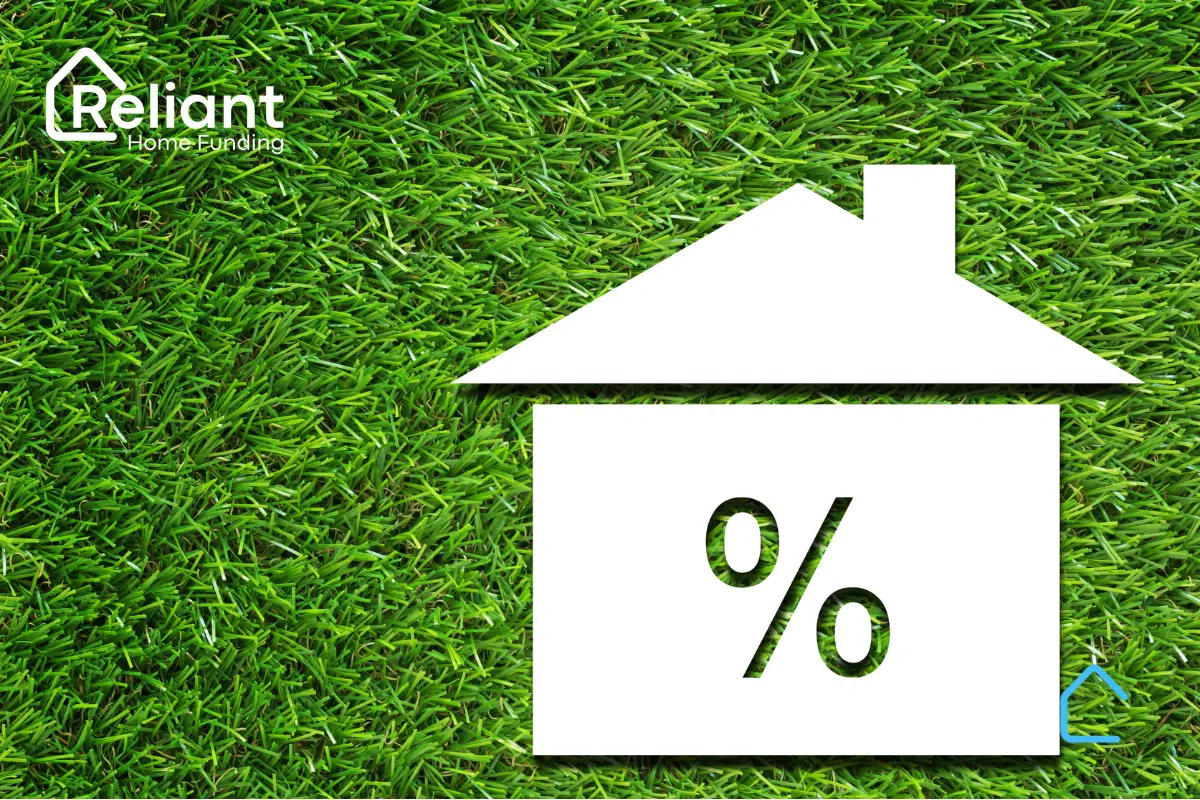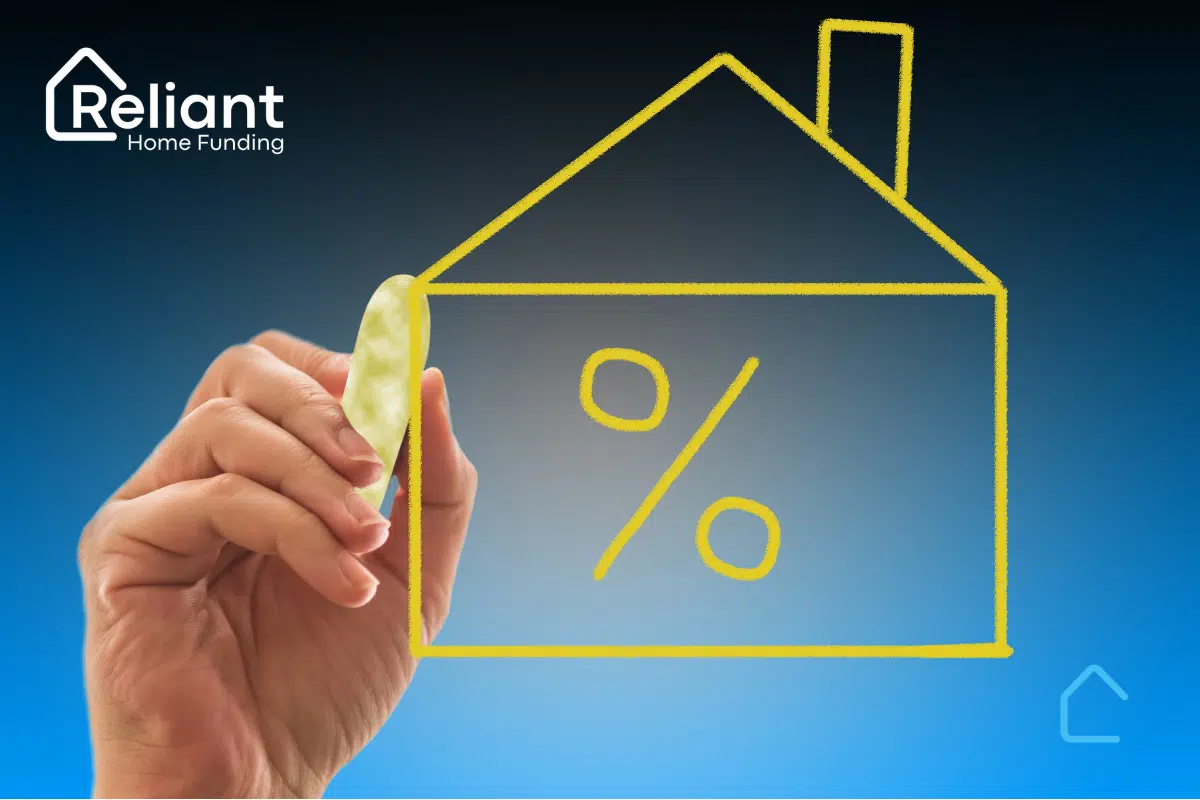In the simplest of terms, refinancing is taking a loan you already have and replacing it with a new loan. In the case of a mortgage loan, it is taking the mortgage you currently have, paying it off, and replacing it with a new mortgage. You may be wondering why you would go through all that trouble. Throughout this article, we will be taking you through the reasons you would consider refinancing and their potential benefits.
The Benefits of Refinancing Your Home
Similar to when you first purchase a home, your financial status such as source of income, and credit score will be reviewed. Some new requirements that will be looked at by lenders are payment history and the value of your current mortgage. Below are some of the main reasons to consider refinancing your mortgage:
- Lowering your monthly payment
- Lowering your interest rate
- Changing the terms from an adjustable interest rate to a fixed interest rate
- Changing the length of your loan
- Getting cash from the equity of your home
It’s possible to achieve more than one of the reasons above. Many times, one reason affects the other. For example, a lower interest rate can lower your monthly payments. Overall, the purpose of refinancing is to put yourself in a better financial situation than you were previously.
There are a couple ways to lower your monthly payment while refinancing. One is changing the length of your loan, so the monthly payments decrease. Spreading out the cost of the loan can give you more money to put towards other expenses each month. Another way to lower your monthly payments is to lower your monthly interest rate. You may notice that the current market has lower interest rates and want to apply to refinance to bring down your current fixed rate. Even a 0.75% change in your interest rate can decrease your monthly payment. As you can see different factors can lower your monthly payment. We will now look more closely at refinancing for a lower interest rate.
Refinancing at Lower Interest Rate
Maybe you have improved your credit score, or the market mortgage rates have decreased, these are factors that would prompt you to want to refinance to get a lower interest rate. Lower interest rates mean you will be spending less on interest through the term of the loan and your monthly payments will decrease. For more information on how you can affect your mortgage rate, please check out our other Mortgage 101 article here. The type of mortgage rates can make a difference as well, we will look at adjustable mortgage rates and fixed mortgage rates next.
You started your mortgage with an adjustable mortgage rate, but the market interest rates have made a jump up. Since an adjustable mortgage rate changes with the market, the monthly payments go up. This circumstance can lead you to want to refinance opting for the fixed mortgage rate. Fixed mortgage rates stay the same during the entire length of loan and is not affected by changes in the market. This fact is appealing to many home buyers because it can give you more certainty in your monthly payments and cost of interest. Additionally, while the market mortgage rates go up, you will benefit with your rate staying the same. Interest rates have multiple ways of affecting whether you want to refinance, but the length of the loan can be just as effective.
Shorter Loan Terms
The option to change the length of your loan can help you in a number of ways. You may want to shorten the term of the loan because the 15-year loan has a lower interest rate or maybe you have the means to pay off your loan faster. Traditionally, loans are 30, 25, 20, 15, or 10 years long, but in some cases a 28-year loan can be issued if you are looking to refinance a 30-year loan 2 years later. This option exists so you won’t have to restart the new loan at 30 years. Contact your mortgage loan officer for more information on the length options for refinancing.
Home Equity
Another reason to refinance is to take out equity on your home and use it for other expenses. You might want to renovate your home or pay down other debts, such as credit card debt. In both scenarios you can use a cash-out refinance and borrow the equity of your home. In a cash-out refinance you are borrowing more than the original amount you owed so you can take the difference in cash. Sometimes unexpected expenses occur, or the interest rate of the mortgage is cheaper than the interest rate on your debt, either way there is an option for you to refinance.
Refinancing With Your Goals in Mind
Overall, refinancing is about you and your financial situation. There are usually closing costs to refinancing, but many times those costs can be included into the mortgage, so you have little to no out of pocket expense. Another possible expense is the appraisal, but make sure to ask your loan officer if you qualify for an appraisal waiver. Appraisal waivers skip the in-person appraisal and instead, have the value of your home determined with current housing data. Talk with a mortgage loan officer today to find out if refinancing will work for you!



